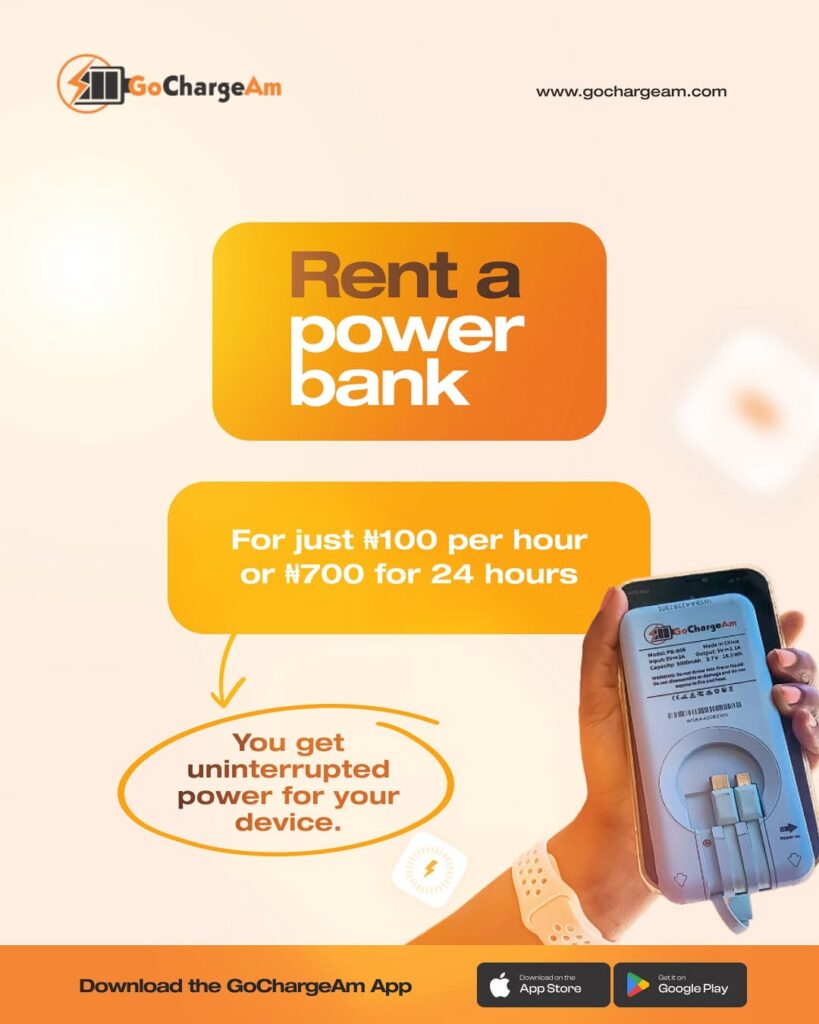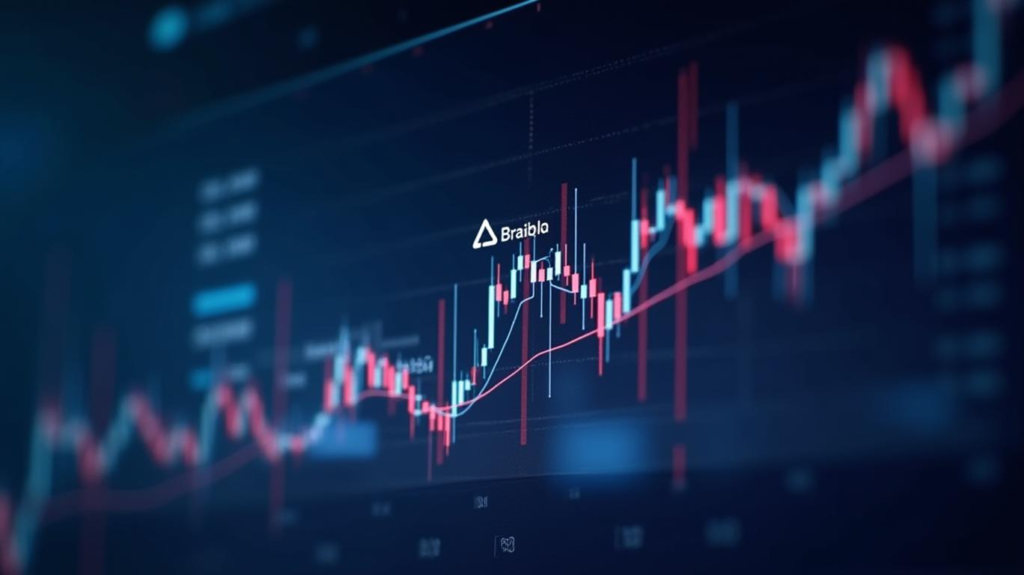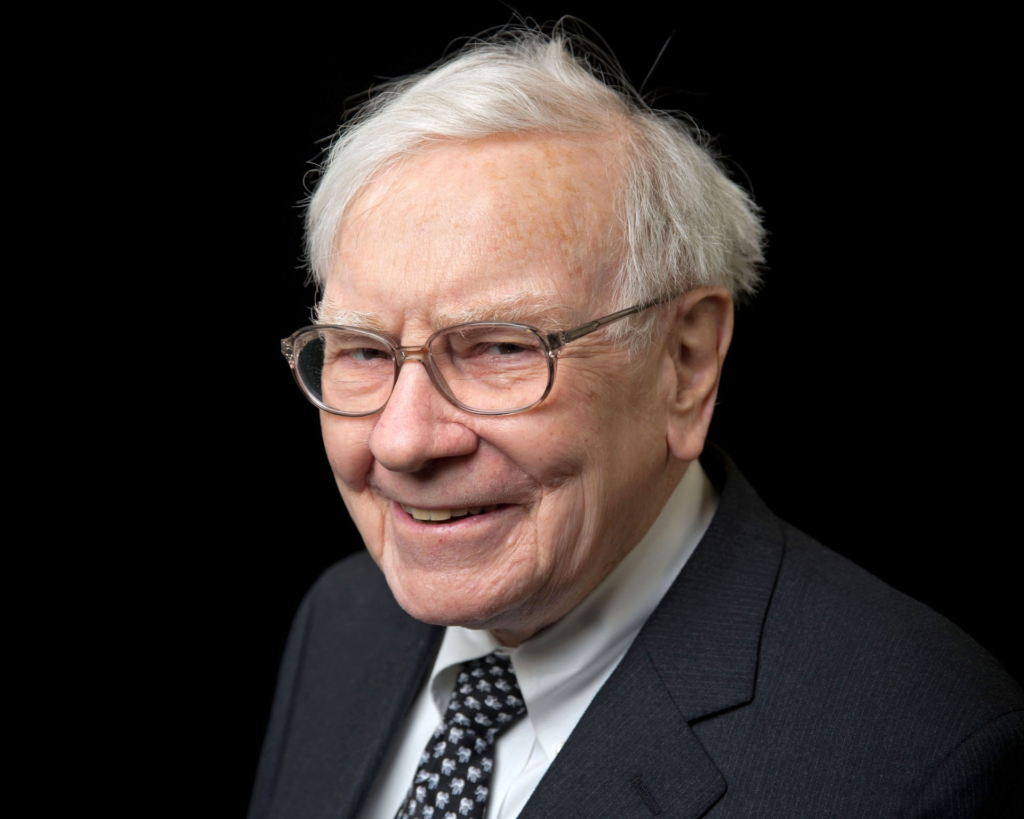Here’s the story of the relatively new and transformative business of renting out power banks.

From Ice Water to Pure Water to Power Banks
African entrepreneurs have long demonstrated an uncanny ability to identify gaps left by government failures and transform them into thriving businesses. This entrepreneurial resilience is perhaps nowhere more evident than in Nigeria, where creative solutions to infrastructure challenges have birthed entire industries.
The story of sachet water in Nigeria perfectly illustrates this phenomenon. Before the mid-1990s, Nigerians purchased “ice water,” small portions of water tied up in transparent white nylons and sold commercially. Ice water was sold out of buckets and often bought with coins. However, this rudimentary packaging, while catering to a need, offered little to no protection against contamination.

Everything changed in 1994 when Sir Isaac Adeagbo Akinpade founded Deagbo Industries Limited (DIL) in Ibadan, Oyo State. He would pioneer Nigeria’s first sachet water production with his DIL Pure Water. This innovation coincided with and, in some instances, inspired similar developments across West Africa. What began as a response to inadequate public water infrastructure became a multi-billion naira industry that today employs millions of Nigerians.
Fast-forward to 2024, and Nigerian entrepreneurs are once again demonstrating this same innovative spirit, this time in response to the country’s notorious electricity challenges. With the electricity industry in Nigeria now deregulated and improvements expected over the long haul, power bank rental has emerged as one of the many ways Nigerians solve their problems while they wait.
The Birth of Nigeria’s Power Bank Rental Revolution
Power bank rental services have been successfully implemented in countries like China and other parts of Asia for years. However, their adoption in Nigeria represents more than just technology transfer, it’s a localized solution to a uniquely Nigerian problem. In a country where power outages are as predictable as the sunrise, keeping mobile devices charged has become a daily survival skill.
According to one of such service provider, iCharge “Yes! You can rent a power bank for just 100 naira per hour or 700 naira for 24 hours. Now, you might be wondering why rent a power bank when you can just buy one? Well, life happens. Your power bank isn’t always fully charged, and sometimes you forget your charger when you’re out.”
This messaging captures the essence of the Nigerian power crisis perfectly. Such innovative solutions, however, provides reliable charging solutions, as well as access when the grid fails, which frequently does.

How the Business Model Works
The power bank rental business model is elegantly simple yet technologically sophisticated. Users can access the service through mobile apps, making it as easy as:
- Download the app – Available on Apple Store or Google Play
- Locate a station – Strategically placed in high-traffic areas
- Scan and rent – QR code technology enables quick rentals
- Charge and return – Use the power bank and return to any station
The convenience factor cannot be overstated. As one provider advertises: “Convenient – No need to carry your own charger or search for outlets. Fast & Easy – Rent and return in seconds with just a few taps on the app. Affordable – Pay only for the time you use, making it a cost-effective solution.”
In other instances, the power banks are offered at kiosks or delivered by riders when clients order online.
Beyond Power Bank Rentals: Mobile Power MOPO Hubs
The entrepreneurial response to Nigeria’s power challenges extends beyond simple power bank rentals. Companies like Mobile Power offer pay-per-use battery sharing platform that provides flexible and affordable energy access for sub-Saharan African households. This approach represents a scaled, infrastructure-level version of power bank rental innovation. Mobile Power’s MOPO system uses solar-powered hubs to charge lithium-ion batteries that are then rented to off-grid households across sub-Saharan Africa through trusted local agents.
Unlike urban power bank rentals for smartphones, MOPO batteries power entire households, charging phones, running DC appliances, and even supporting e-mobility solutions. The pay-per-use model eliminates upfront costs and makes clean energy accessible to the poorest communities. With operations spanning six countries and serving over 100,000 people, it demonstrates how entrepreneurial solutions can scale to address continental infrastructure gaps while creating sustainable businesses and local employment.

Market Opportunities and Growth Potential
The shared mobile power bank rental market in Nigeria is positioned for explosive growth. With smartphone penetration continuing to rise and mobile internet becoming increasingly central to commerce, education, and social interaction, the demand for reliable charging solutions will only intensify.
Current market indicators suggest strong adoption potential. In established markets, over 70% of smartphone users would pay for convenient charging services. In Nigeria, where power reliability is a constant concern, this percentage could be even higher.
The strategic placement of power bank stations in locations like shopping malls, airports, universities, restaurants and entertainment venues creates multiple touchpoints with consumers throughout their daily routines. This ubiquity is crucial for building user habits and ensuring consistent revenue streams.
Starting Your Power Bank Rental Business
For entrepreneurs interested in entering this market, the business model offers several attractive features:
Initial Investment and Equipment
Starting a power bank rental business requires moderate initial capital. Based on industry data, entrepreneurs can expect equipment costs to be the largest expense, including:
- Rental stations: Typically costing between ₦80,000-₦100,000 for a 12-port cabinet. Small generators or small solar power systems can serve in the absence of a power station. Providers like GoChargeAm uses custom-made 5,000mAh units that are small and cheap.
- Power banks: High-quality units with sufficient capacity and durability
- Software platform: Mobile app and backend management system, but only if absolutely necessary as cell phone numbers can serve.
- A delivery system or network for deliveries
Revenue Streams
The business model offers multiple revenue streams:
- Rental income: Direct fees from users (₦100-₦200 per hour, ₦700-₦1,000 for 24 hours)
- Advertising revenue: Display partnerships with brands
- Location partnerships: Revenue sharing with businesses that host your stations.
Operational Considerations
Success in this business requires attention to:
- Strategic placement: High-traffic locations are essential
- Maintenance: Regular servicing and power bank replacement
- Technology reliability: Seamless app experience and station functionality
- Customer support: Responsive service for technical issues
Market Entry Strategy
New entrants can choose between two primary models:
- Self-operated model: Higher initial investment but full revenue control
- Franchise model: Lower startup costs with shared revenue

Another Innovation Born from Necessity
From ice water in nylon bags to sophisticated power bank rental networks, Nigerian entrepreneurs continue to prove that innovation flourishes in the face of infrastructure challenges. The power bank rental business represents the latest chapter in this ongoing story of resilience and creativity.
As Nigeria’s mobile-first economy continues to expand, and as urban centres become increasingly digitized, the demand for reliable, convenient charging solutions will only grow. For entrepreneurs willing to invest in technology and strategic positioning, the power bank rental business offers a compelling opportunity to solve real problems while building sustainable revenue streams.
The message is clear: while Nigeria waits for comprehensive infrastructure solutions, its entrepreneurs will continue to innovate, adapt and thrive. Power bank rentals are just the latest example of this enduring entrepreneurial spirit that turns challenges into opportunities, one charge cycle at a time.












